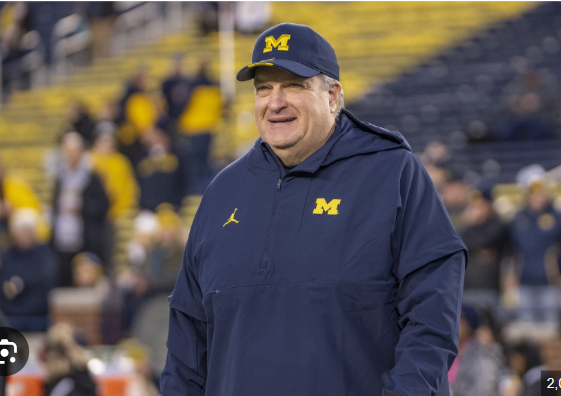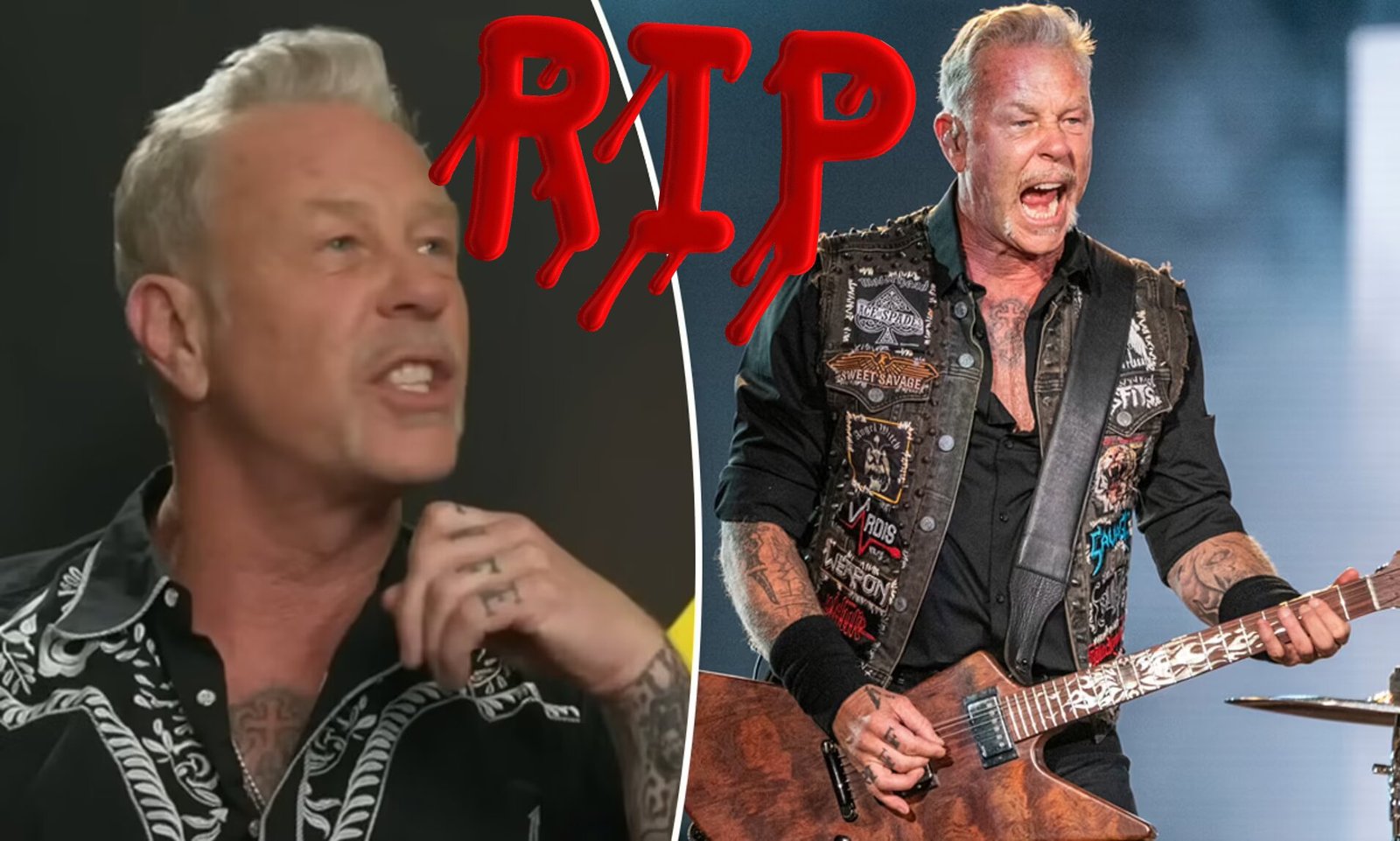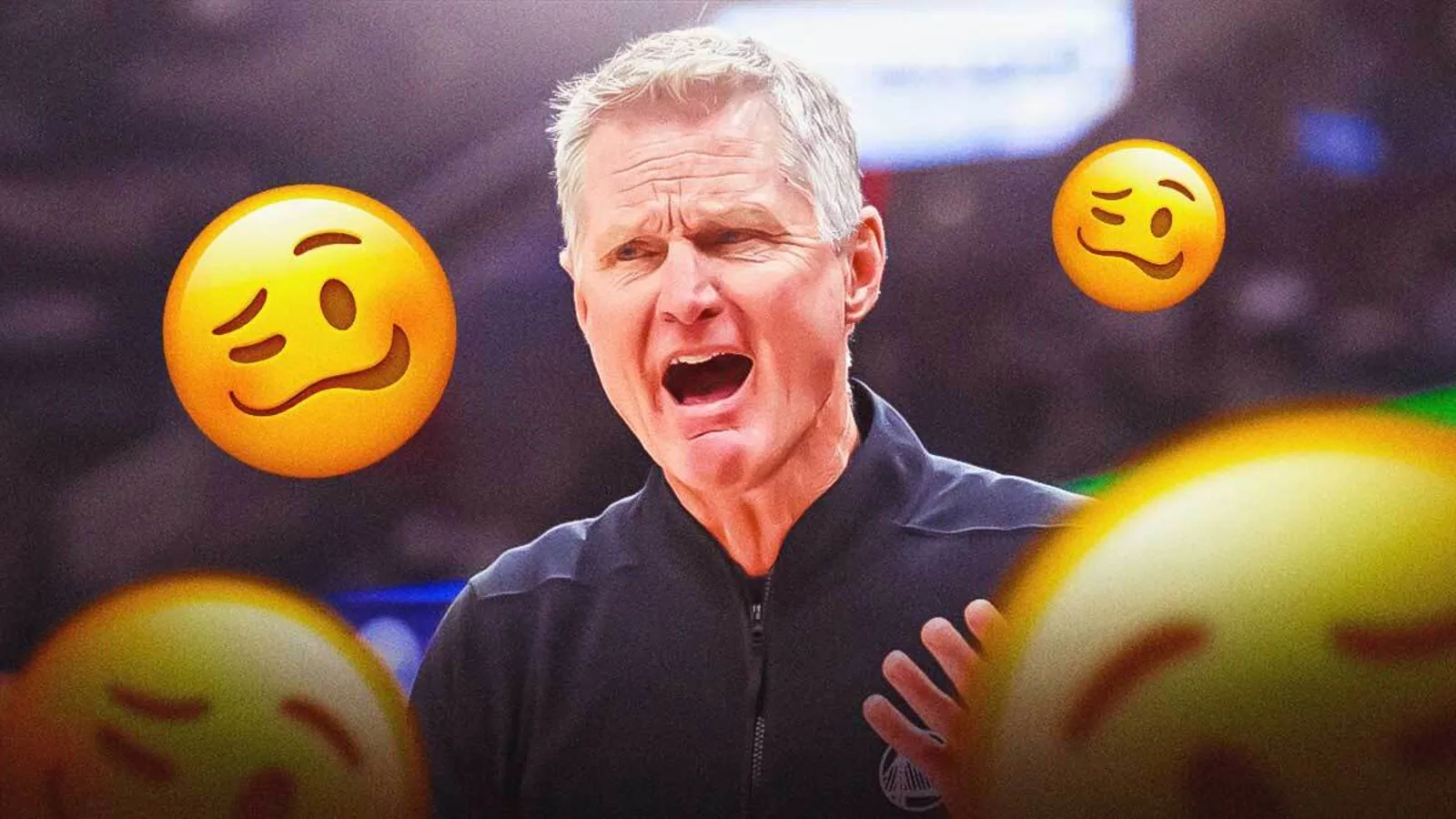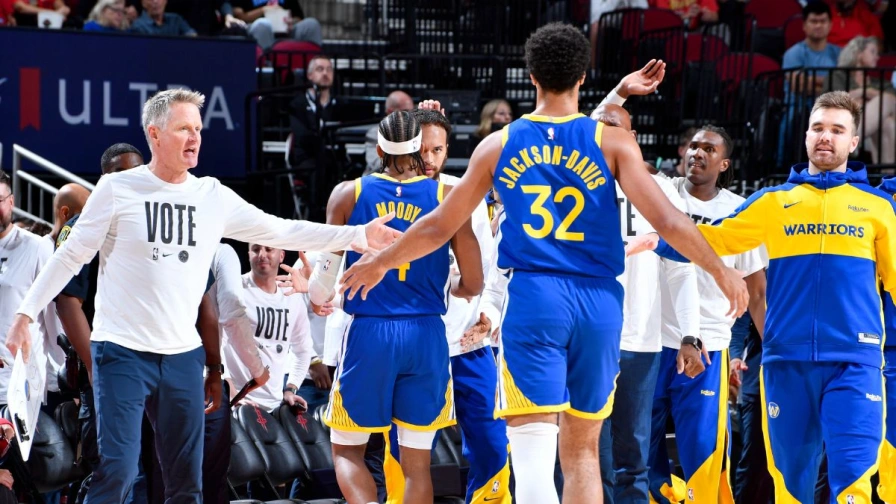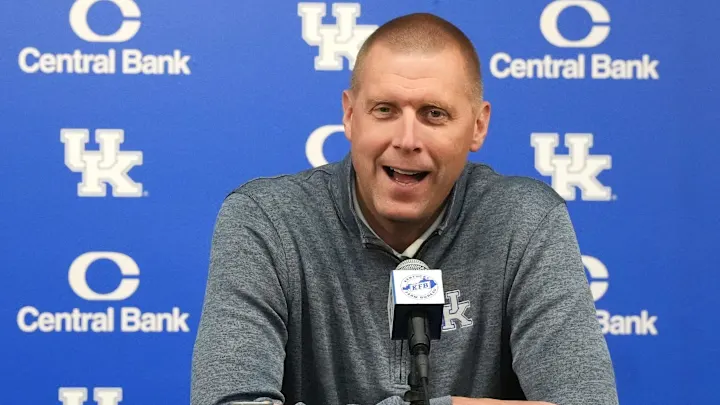In a groundbreaking announcement on September 15, 2025, the University of Michigan Wolverines football program unveiled the launch of the Wolverines NIL Collective, an unprecedented initiative backed by a staggering $1 billion fund dedicated to enhancing player development and upgrading infrastructure. This move positions Michigan at the forefront of the evolving Name, Image, and Likeness (NIL) landscape in college athletics, signaling a bold commitment to attracting top talent, retaining star players, and building long-term sustainability in the face of intensifying competition from SEC powerhouses and other NIL-heavy programs. The collective, spearheaded by high-profile boosters and university officials, represents not just a financial windfall but a strategic pivot to leverage NIL opportunities amid the NCAA’s shifting revenue-sharing model set to take effect in 2025-26.
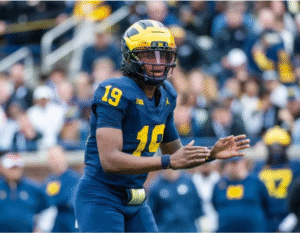
The Wolverines NIL Collective, officially named “Champions Circle,” builds on Michigan’s existing NIL framework but elevates it to new heights with this massive endowment. According to program insiders, the $1 billion fund sourced from a consortium of billionaire donors, alumni networks, and corporate partnerships will be allocated primarily to player development initiatives, including personalized training programs, mental health support, academic tutoring, and NIL deal facilitation for endorsements and branding opportunities. A significant portion, estimated at 40-50%, is earmarked for infrastructure enhancements, such as modernizing facilities at Michigan Stadium (The Big House), upgrading training centers, and investing in cutting-edge technology like AI-driven performance analytics and virtual reality simulations for skill-building. This infusion comes at a critical juncture for the Wolverines, who are coming off a 2024 season marked by a 5-5 record and quarterback instability following Jim Harbaugh’s departure to the NFL, but buoyed by the arrival of five-star freshman sensation Bryce Underwood as the starting QB for the 2025 opener.
The announcement has sent ripples through college football, highlighting Michigan’s aggressive response to the NIL era’s challenges. NIL collectives, which allow boosters to compensate athletes for their personal branding without direct university involvement, have become essential since the NCAA’s 2021 interim policy. Michigan’s previous efforts, such as the 2023 launch of the “Hail! Impact” collective aiming for $5 million initially, pale in comparison to this scale. The $1 billion figure dwarfs typical collective funding—NCAA estimates for top-25 spenders in 2025 hover around $10-20 million annually per program—and is reportedly anchored by major contributions from tech mogul Larry Ellison, Oracle’s co-founder and a Michigan alum with a net worth exceeding $230 billion. Ellison’s involvement gained attention earlier in 2025 when he reportedly underwrote an $10-12 million NIL deal to flip Underwood’s commitment from LSU, marking his first major foray into college sports philanthropy. Other backers include seven-time Super Bowl champion Tom Brady, a Michigan legend, and Barstool Sports founder Dave Portnoy, who pledged $3 million annually to bolster quarterback recruiting. These high-profile endorsements not only provide financial muscle but also lend star power, potentially attracting more donors and corporate sponsors.
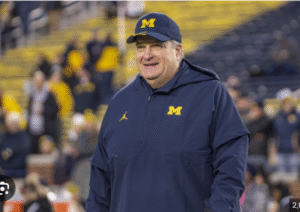
For player development, the fund will create tailored pathways for Wolverines athletes, emphasizing holistic growth beyond the field. Initiatives include NIL education workshops, financial literacy programs, and partnerships with brands for merchandise and media deals, ensuring players like Underwood can monetize their fame while focusing on academics and performance. Infrastructure investments aim to address facility gaps that have plagued Michigan in recent years; for instance, renovations to the Oosterbaan Field House and enhanced weight rooms could rival those at Oregon, where Nike founder Phil Knight has donated over $1 billion to athletics. University Athletic Director Warde Manuel emphasized in the announcement that “this collective isn’t just about winning games it’s about empowering our student-athletes to thrive in all aspects of life, while giving our program the tools to compete at the highest level.”
The launch comes amid broader transformations in college football. With the House v. NCAA settlement paving the way for direct revenue sharing (up to $20-22 million per school annually starting in 2025-26), NIL collectives like this one are adapting by shifting focus from pure compensation to integrated development funds. However, it raises questions about equity: while Michigan’s booster-driven model could dominate recruiting, smaller programs may struggle to keep pace, potentially widening the gap between Power 5 haves and have-nots. Fan reactions on social media have been overwhelmingly positive, with Wolverines supporters hailing it as a “game-changer” for restoring Michigan to national championship contention, echoing the program’s glory days under Harbaugh. Critics, however, worry about over-reliance on billionaire whims, as seen in forum discussions questioning if Ellison could “ruin” the sport by bankrolling endless advantages.
Overall, the Wolverines NIL Collective’s $1 billion launch is a watershed moment for Michigan football, blending financial innovation with a commitment to player welfare and program excellence. As the 2025 season unfolds—with Underwood leading the charge this fund could propel the Wolverines back to the playoff elite, redefining how Big Ten programs navigate the NIL revolution. For now, it’s a clear message: Michigan is all-in on building a dynasty, one empowered athlete at a time.
